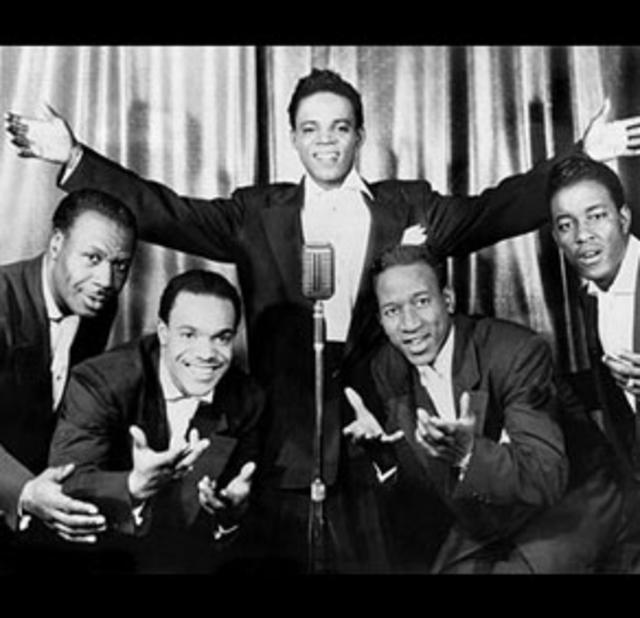Hank Ballard

Hank Ballard is remembered for recording a trilogy of risqué R&B numbers: "Work with Me, Annie," "Annie Had a Baby" and "Annie's Aunt Fannie." Yet Ballard's contribution to rock and roll goes much deeper than that. With the grinding guitars, distorted sound and fervid call-and-response of those and many other recordings made for the King and Federal labels, Ballard helped define the sound of rock and roll. Hank Ballard was born in Detroit on November 18, 1927 (some sources list 1936). After the death of his father, he and his brother, Dove Ballard, moved to Bessemer, Alabama, where they were raised by their paternal aunt and her husband. Hank began singing in church, but his major influence was the "Singing Cowboy," Gene Autry and his signature song, "Back in the Saddle Again."When he was in his mid-teens, Ballard moved back to Detroit and began working on a Ford assembly line. He soon joined Sonny Woods, Henry Booth, Charley Sutton and Alonzo Tucker in the Royals, a local group that had already made several recordings for the Federal label. Ballard wrote their first hit, a blues shuffle called "Get It." Then came "Work with Me, Annie." The song's lyrics were more than suggestive: "Annie, please don't cheat/Give me all my meat/Oooo-weee/So good to me/Work with me, Annie/Let's get it while the getting' is good."Despite a widespread radio ban, the song became the biggest R&B hit of 1954. It spent seven weeks at Number One and elicited numerous answer records, including Etta James' "Roll with Me, Henry."To avoid being confused with Lowman Pauling's Five Royales, the Royals were renamed the Midnighters. Under that name, they recorded two more chapters in the Annie saga: "Annie Had a Baby" and "Annie's Aunt Fanny." The group's 1955 single, "It's Love, Baby (24 Hours a Day)," brought the group's initial string of Federal hits to an end.In 1958, Ballard recorded a demo of "The Twist" for Vee-Jay Records, forcing Syd Nathan of Federal, who hated the song, to issue it as the B-side of the chart-topping ballad "Teardrops on Your Letter." After Ballard played Baltimore a year later, teenagers began imitating the Midnighters' dance steps to "The Twist" on a locally televised dance party. Dick Clark became aware of the sensation and began auditioning Ballard wanna-be's. He discovered Chubby Checker, who took the song to Number One not once but two times, in 1960 and 1962.Hank Ballard and Midnighters continued to record deep blues and infectious, undiluted R&B such as "Finger Poppin' Time" and "Let's Go, Let's Go, Let's Go" into the early Sixties. Although the Midnighters' recording career lost steam in the wake of Motown, the British Invasion and other developments on the contemporary front, they subsequently made a decent living playing nightclubs and frat parties, finally disbanding in 1967.Under the guidance of James Brown, Ballard charted two more times, with "How You Gonna Get Respect (When You Haven't Cut Your Process Yet)" in 1968 and "From the Love Side" in 1972. He moved from label to label and continued to perform in clubs. In 1985, he formed a new version of the Midnighters and toured America. He also recorded a double live album in England, and he placed several songs on various movie soundtracks.Hank Ballard continued performing until his death from throat cancer on March 2, 2003. Hank Ballard was inducted into the Rock and Roll Hall of Fame in 1990.